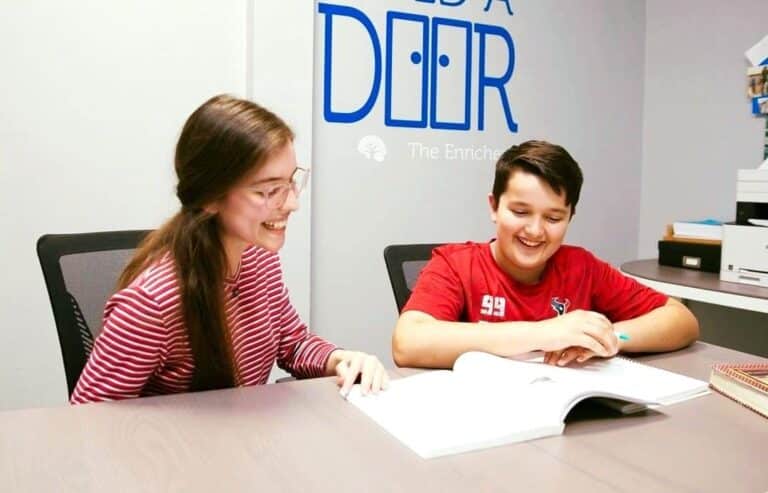Finding (and Running With) Your THING:
Your Key to Getting into an Ivy League School
Being a perfectly well-rounded high school student is exhausting. You’re taking a full load of AP courses, playing three varsity sports, and volunteering every weekend – but you have to! That’s what colleges want! Right? In a way, yes. A rigorous course load looks great on a college application, and so does a full schedule of extracurriculars and philanthropic activities. However, if getting into an Ivy League school is your goal, you don’t want to your transcript to look great. You want it to look phenomenal. But don’t worry… that doesn’t mean you need to pick up a fourth sport or start taking night classes somewhere. It means you need to identify your thing, embrace it, pursue it, and own it. I’ll explain.
Getting straight As, playing several sports, and volunteering are all wonderful things, but they’re also things students all over the country are currently doing. In other words, those things really don’t make you stand out, and you’ll run yourself ragged trying to maintain everything. While I’m certainly not saying that you should let your grades drop, quit your teams, and give up volunteering forever, I am saying that there’s a better strategy for getting noticed and getting into an Ivy League school.

Colleges want to invest in students who have potential to change the world. How do you show that you’re going to do that? By demonstrating a particular expertise or passion in a specific area. Think about some of your role models, or academic all-stars. Steve Jobs was a tech wizard. Marie Curie was a chemist extraordinaire. Ernest Hemingway was a brilliant writer. Do we know if Marie Curie could write an amazing essay? Do we know how Ernest Hemingway was at math? Honestly… who really cares? They changed the world by being brilliant at their one thing, not by being decent at everything.

Most students have a pretty good grasp on their strengths, which is half the battle. Once you know which area you excel in, and what interests you most, you’ve got to figure out how to stand out in that area. That doesn’t mean acing your AP exams in those subject areas, but doing something above and beyond. This article on PrepScholar summed it up best:
Let’s imagine you’re getting knee surgery, and your surgeon is fresh out of medical school. “I’m fully capable of doing the best knee surgery, and I care a lot about your well-being. I’ll do everything I can do make sure you do great.”
You say, “Sure—but how many surgeries have you done before?”
“This is my first one. I had a lot of opportunities to practice knee surgeries before, but I didn’t take them. But I promise you that I’ll do well this time around.”
Red flag. You would probably recoil and ask for someone with more experience. Colleges treat this the same way.
Between a person who’s passionate but hasn’t shown achievement and a person who’s similarly passionate but has shown deep achievement, Stanford will take the second one. Every. Single. Time.
You don’t need to be performing surgery to get noticed (and actually, please don’t). You simply need to be pursuing your passion and skills fervently, outside of school and beyond what the typical high school student is doing. For example… my brother is absolutely fascinated with technology (and his girlfriend was obsessed with Christmas) so he designed an app on his phone that allowed him to turn on his Christmas lights from afar. Because he loves learning about technology, the task was fun for him – and it looked fantastic on his resume. I’ve known high schoolers who have self-published books of essays, toured with bands, started businesses, and showed art at local shows. They’ve not only identified their strength, but they’ve done something to “walk the walk” as well.

Being well-rounded is a great thing. Just because you eat, sleep, and breathe science doesn’t mean you should slack off during your English class, and vice versa. However, more important than being well-rounded is finding your thing, and going at it full-speed ahead. Think of it this way: if someone saw your college application, could they identify how you could change the world? Could they pinpoint your gift and see how you’ve taken steps to sharing it with the world? Find and pursue your thing, and those Ivy League schools will be eager to have you.





